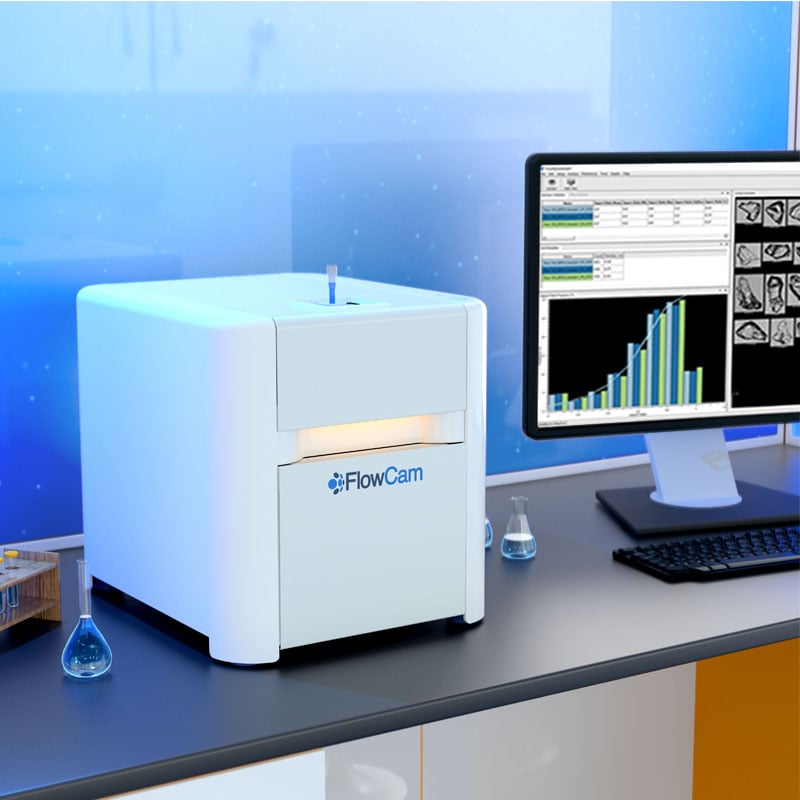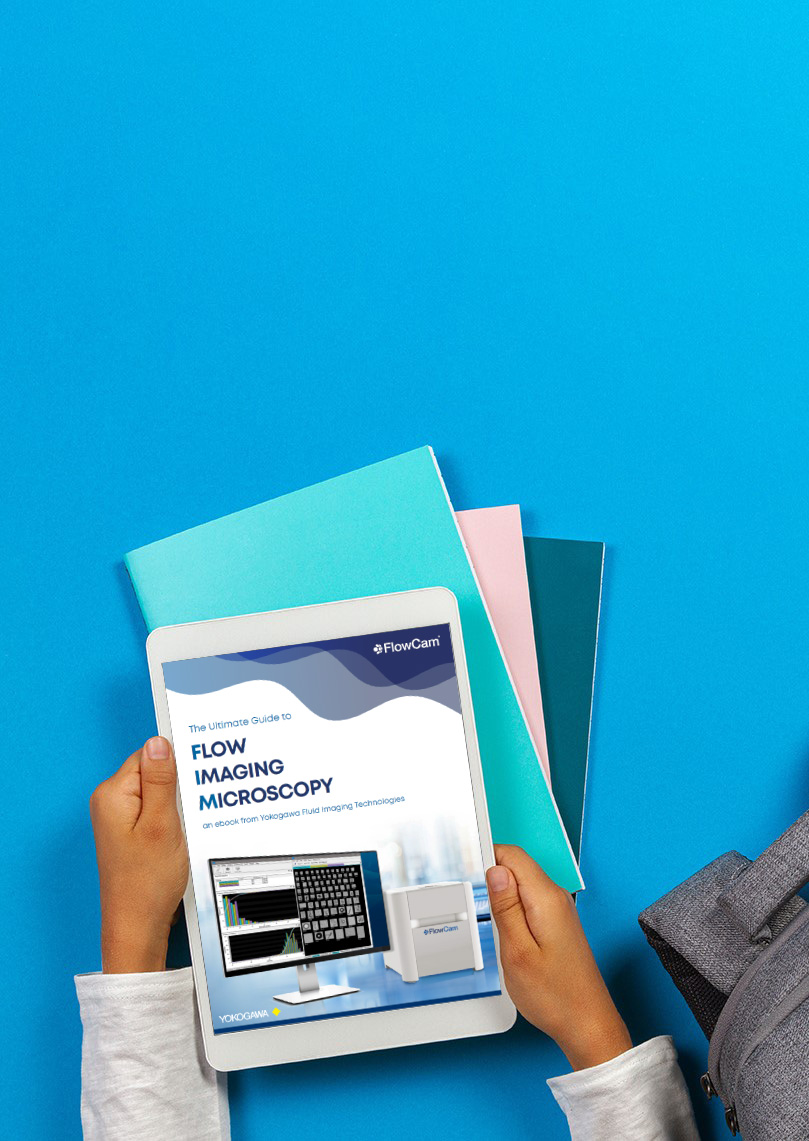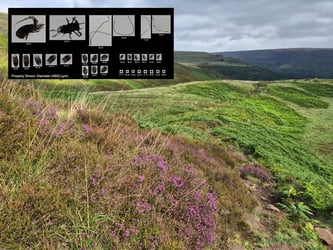
Exploring Micro-worlds with FlowCam As FlowCam’s Field Application Scientist with a background in plankton ecology and a passion for exploring remote …
Read Post
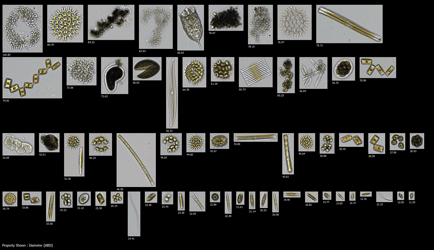
Artificial intelligence (AI) is reshaping how scientists identify and classify plankton. Across aquatic science—from environmental monitoring to …
Read Post
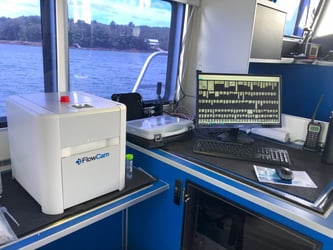
Embarking on a research cruise is an exciting yet challenging endeavor, especially when it involves using analytical instruments like the FlowCam …
Read Post
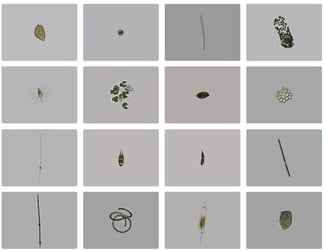
We are excited to announce our new phytoplankton identification gallery, which will assistFlowCam users working with phytoplankton in marine …
Read Post
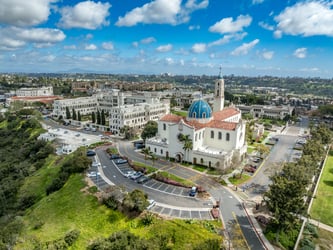
The Role of Advanced Microscopy in STEM Learning Incorporating cutting-edge technology into STEM education is crucial for preparing students for …
Read Post
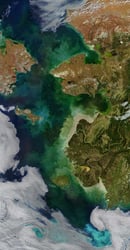
NASA Goddard Space Flight Center’s Ocean Ecology Laboratory Field Group is mapping and monitoring the world’s oceans using satellite-based ocean …
Read Post
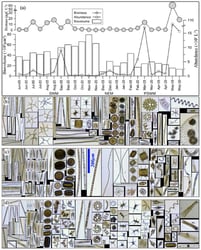
Researchers Karnan et al. have recently published the results of a study performed from 2013-14 in Estuarine, Coastal and Shelf Science. Their paper, …
Read Post
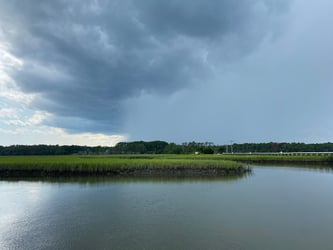
A storm is brewing off the coast of South Carolina.
Read Post
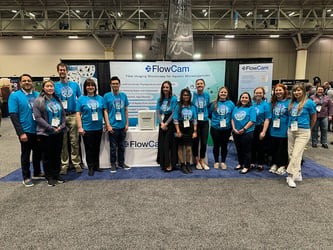
The FlowCam team had an excellent time in New Orleans for ASLO’s Ocean Sciences Meeting (OSM) last month! In case you missed it—or just want to …
Read Post
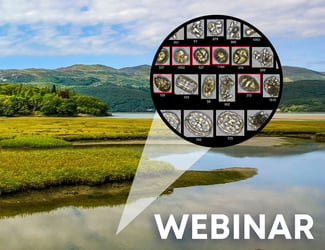
We recently presented a webinar version of a popular FlowCam workshop presented at 2023's ICHA conference (International Conference on Harmful Algae) …
Read Post
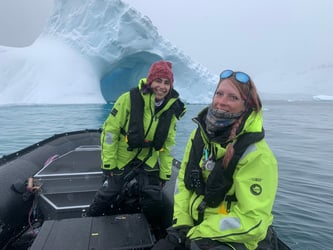
Documenting ecological changes in Antarctica is extremely important, as the continent is experiencing some of the fastest rates of warming on the …
Read Post
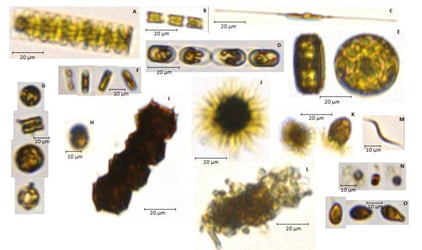
Turbulence plays a key role in the mixing of lakes, seas, and oceans and inspired the subject of Dr. Russell Arnott's Ph.D. dissertation. With little …
Read Post



